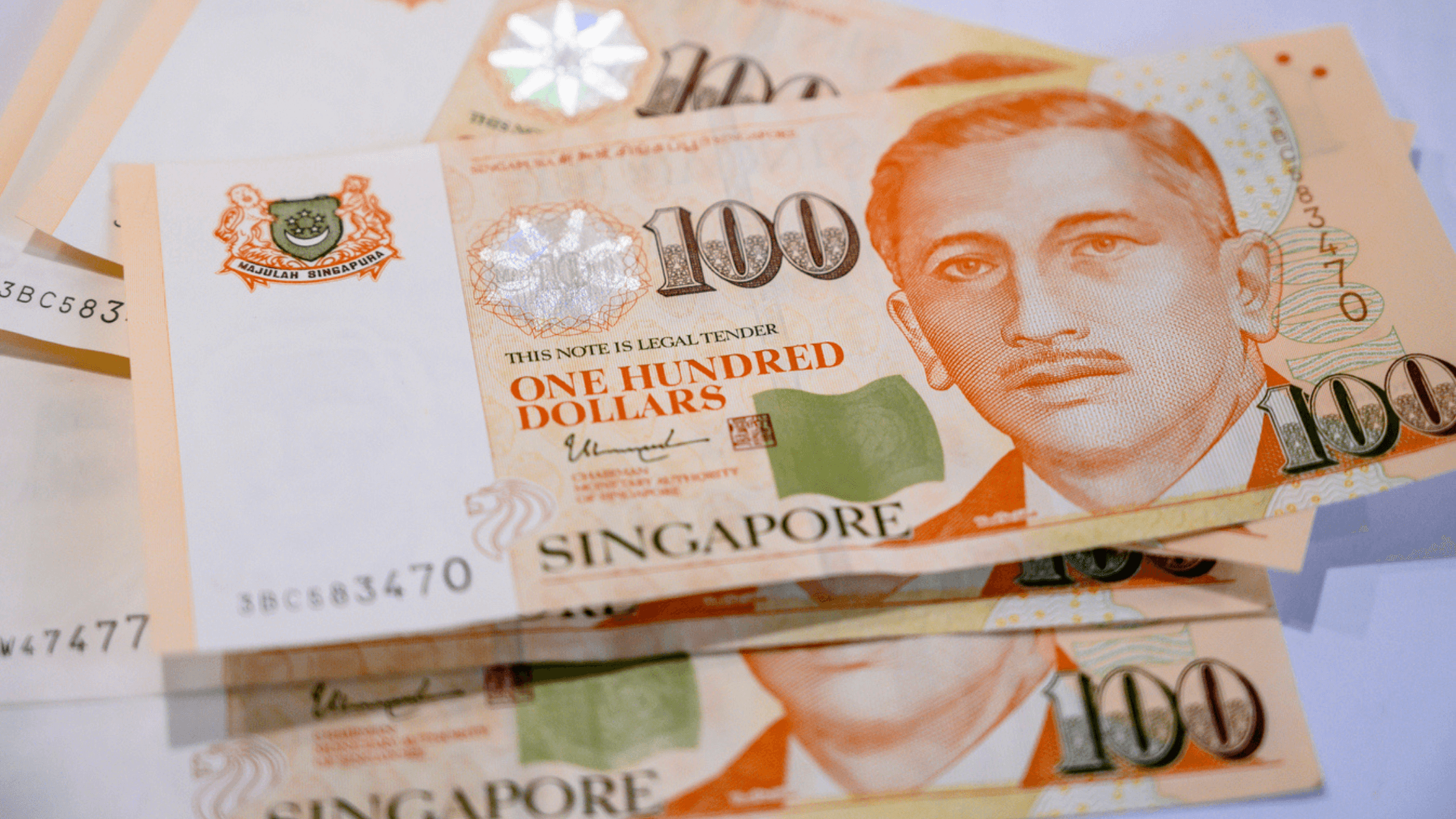Singapore’s Latest Treasury Bill Yields Over 4%: What Investors Should Know
January 6, 2023

It’s no secret that interest rates are at highs we haven’t seen in at least 15 years. Meanwhile, inflation is climbing.
As I’ve written previously, that has created multiple options – beyond just stocks – for Singapore investors to generate a yield.
I spoke about Singapore Savings Bonds (SSBs) and their merits. Recently, though, another instrument has been making headlines.
That’s Singapore’s Treasury Bill, also known as a “T-bill”. On Thursday (5 January), the latest auction for Singapore’s six-month T-bill closed at 4.2%.
So, for investors, what is an actual T-bill and what should they know about Singapore’s wide range of T-bills?
Short term in nature but illiquid
A T-bill is a short-term government security that’s backed by the Singapore government.
Given the Singapore government’s very high credit rating (rated AAA by the agencies), the chances of a default are close to zero.
Typically, T-bills in Singapore are sold in two tenors; six months or one year. This is in contrast to Singapore Government Securities (SGS) bonds, which can have tenors of up to 10 years!
That’s a long time to have your money locked up.
But, while Singapore T-bills do offer shorter tenors, investors will also have to contend with having their money locked up for either six months or one year.
The minimum investment amount for a Singapore T-bill is S$1,000. You can buy them using cash, CPF or Supplementary Retirement Scheme (SRS) funds.
Yields determined at auction
Importantly, before you apply, you actually have no visibility on what the actual yield of the T-bill will be.
That’s because the interest rate (yield) is only announced at auction. However, based on immediately prior auctions, you can get a pretty good idea of where they’ll land.
Singapore T-bills are issued at a discount to face value. So, for example, if you apply for S$10,000 worth of Singapore T-bills at a 4.2% annual yield, you’d only have to fork out S$9,790 upfront.
At the end of the six months, you’d receive the full S$10,000 (so interest included on that initial payment of yours). In that sense, you don’t receive a “coupon” or interest payment separately.
Latest T-bill auction still gives investors attractive yield
Getting to the latest T-bill auction, the 4.2% yield was down slightly from the 4.28% cut-off yield for the 21 December 2022 auction of T-bills.
In fact, it seems that yields look likely to have peaked and are now declining. In the 8 December 2022 auction, the cut-off yield reached its highest level (4.4%) since September 1988 – when the rate hit 4.73%.
Why’s that? Well, the US Federal Reserve (Fed) has indicated that it will start slowing the pace of interest rate hikes in 2023.
As a result, the T-bills market is starting to price in the end of the rate hiking cycle. What you then get is progressively lower cut-off yields in subsequent T-bill auctions. Indeed, that’s what we’ve seen since 8 December 2022.
Using Singapore T-bills to earn a safe yield
While no investment gives you a return that is 100% risk-free, a Singapore T-bill comes pretty close.
That’s because the Singapore government is part of a small handful of governments worldwide that are rated “AAA”.
And receiving a 4.2% annualised yield for that isn’t too bad. However, you do have to consider the fact that your money is locked up and isn’t liquid, like cash.
So, if there are funds in your SRS that are just sitting in cash (and earning close to zero), it might be worth sticking it into a six-month Singapore T-bill.
That way, at least you’re getting a return on your idle cash. Otherwise, if you don’t see the need for that cash in the next six months or so, then Singapore T-bills do provide an option to earn an extra – and relatively safe – yield.

Tim Phillips
Tim, based in Singapore but from Hong Kong, caught the investing bug as a teenager and is a passionate advocate of responsible long-term investing as a great way to build wealth.
He has worked in various content roles at Schroders and the Motley Fool, with a focus on Asian stocks, but believes in buying great businesses – wherever they may be. He is also a certified SGX Academy Trainer.
In his spare time, Tim enjoys running after his two young sons, playing football and practicing yoga.







